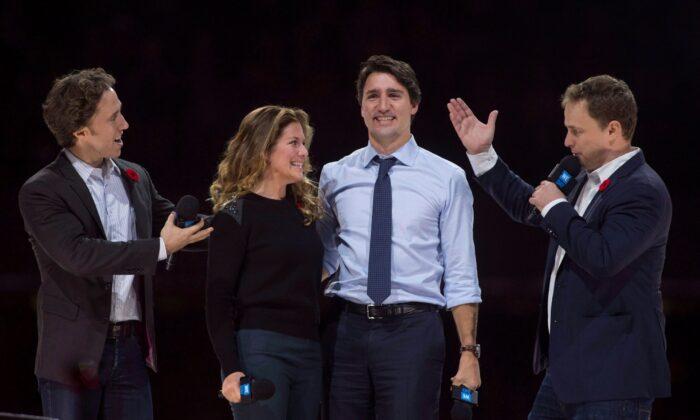Recommendations in a Commons committee report on the WE Charity scandal to safeguard against secret lobbying and conflicts of interest in government spending fall short, says the co-founder of a government accountability watchdog group.
“Essentially, even if the recommendations of the committee were put in place, secret lobbying would still be legal,” Democracy Watch co-founder Duff Conacher told The Epoch Times.





